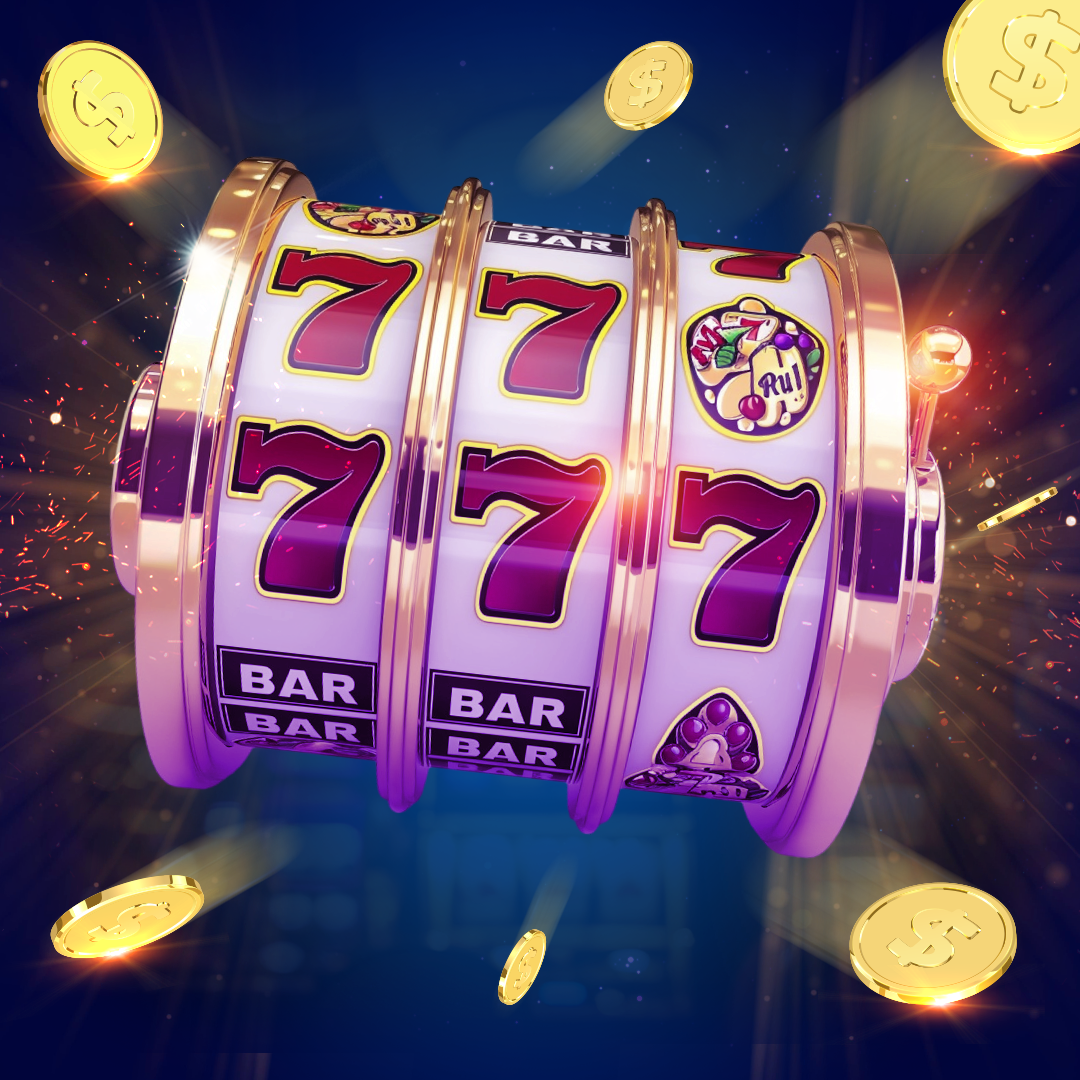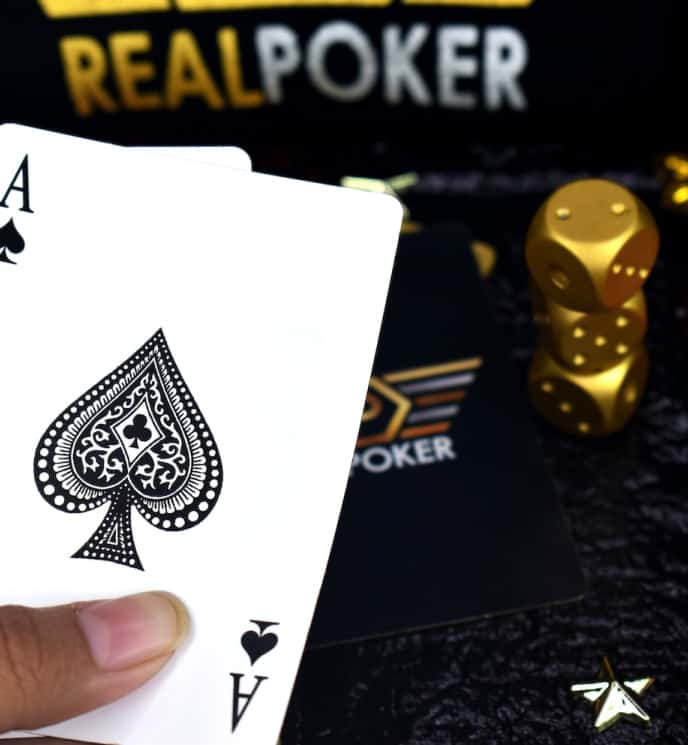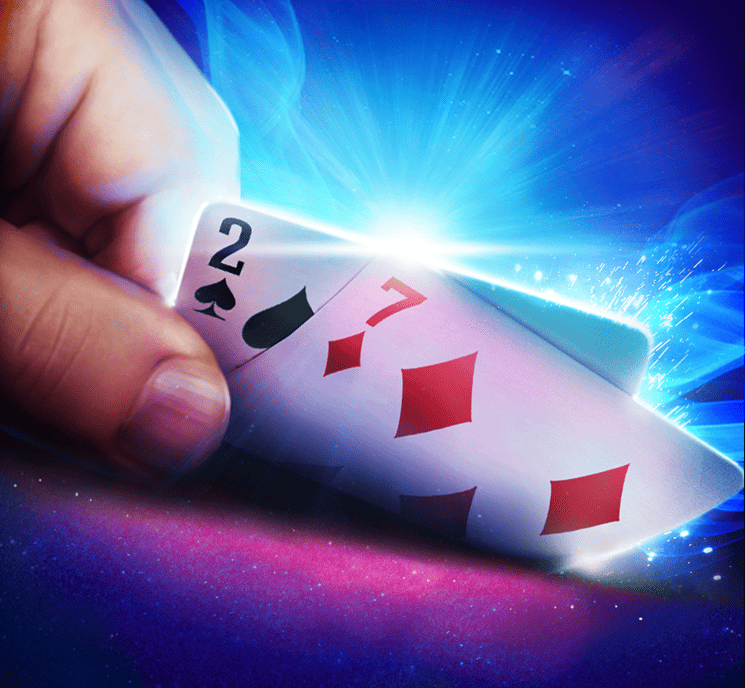Know Your Hand Rankings
Understanding the strength of your hand is essential to making good decisions in poker. Memorize the hand rankings and practice identifying them in real games. Knowing the difference between a flush and a straight, for example, can help you make better betting decisions.
Pay Attention to Your Opponents
In addition to watching your own cards, it’s important to pay attention to your opponents. Try to pick up on their playing styles and tendencies. Do they play aggressively or passively? Do they bluff often? This information can help you make better decisions and potentially win more hands.
Practice
Like any skill, becoming good at poker takes practice. Try playing with friends or online for free before moving on to higher stakes games. This will give you the chance to refine your skills. A great way to learn more, practice and experience the real thrill of the game is by downloading the WSOP free to play mobile app, where you can play Texas Hold’em, as well as other poker variants and poker tournaments – anytime, anywhere, with players from all across the world.
Pay Attention to Position
Position is an important factor in poker. The position you’re in relative to the dealer can have a big impact on your strategy. If you’re in an early position, you’ll need a stronger hand to bet or raise, while in a late position, you can play more hands.
Be Patient
Patience is key in poker. It’s important to wait for good hands and not get too excited and bet too much on weaker hands. Don’t be afraid to fold if you’re not confident in your hand.
Bluff Carefully
Bluffing is a strategy used in poker to deceive your opponents. While it can be effective, it’s important to use it carefully. Bluffing too often can make you predictable and easy to read.









